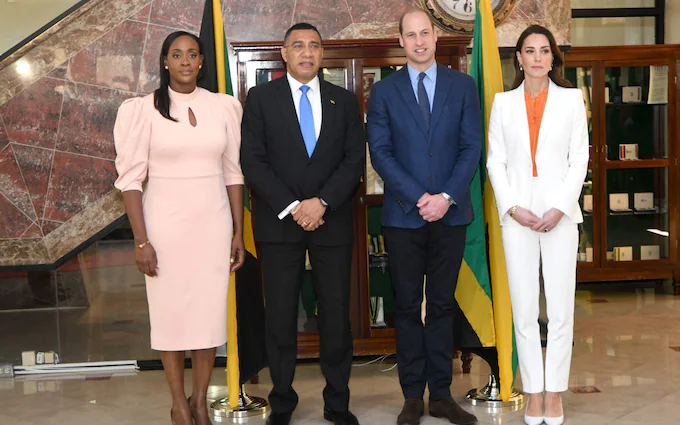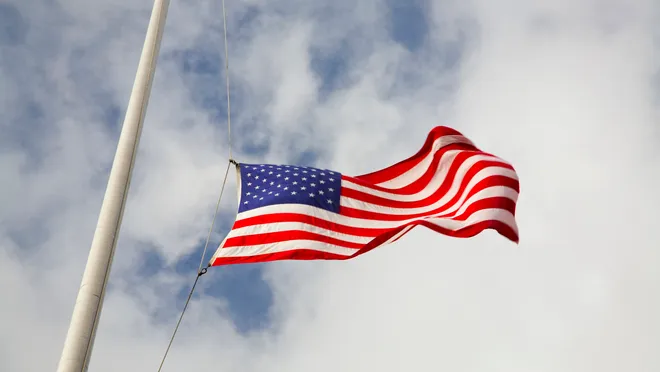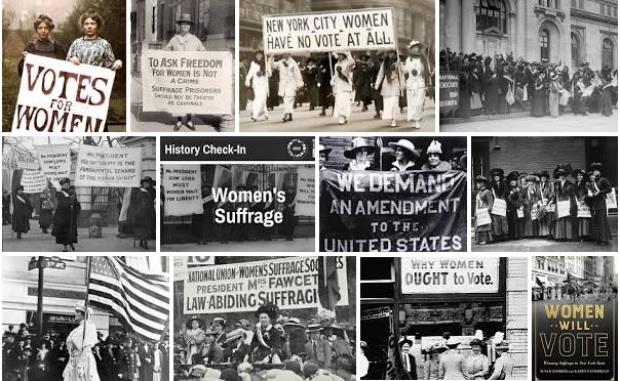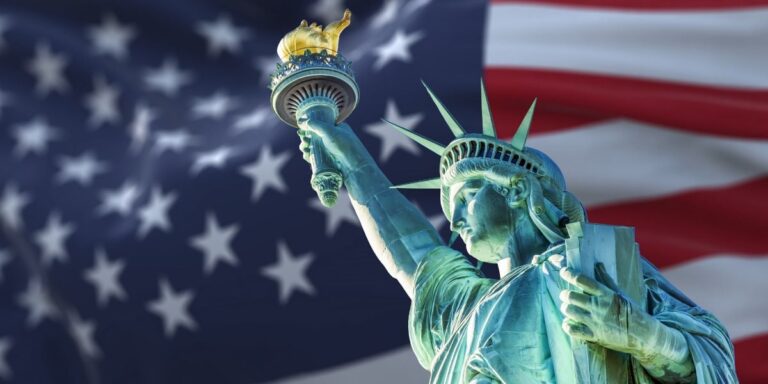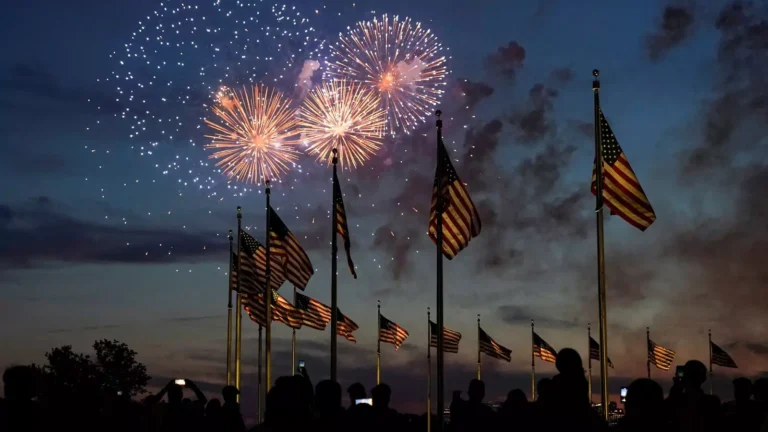Is Jamaica a UK country?
Jamaica, a vibrant island nation in the Caribbean, often prompts questions about its political status and relationship with the United Kingdom. This curiosity largely stems from its historical ties to the British Empire. However, to address the question directly: no, Jamaica is not a UK country. Instead, Jamaica is an independent nation with its own government and distinct identity, although it retains certain connections to the UK due to its colonial past.
Table of Contents
Historical Context
Jamaica’s relationship with the UK began in 1655 when English forces captured the island from Spain. For over three centuries, Jamaica was a British colony, playing a significant role in the British Empire, particularly in the context of the transatlantic slave trade and the production of sugar, which was a highly lucrative commodity at the time.
The colonial period significantly shaped Jamaica’s social, economic, and cultural landscapes. Enslaved Africans were brought to work on the plantations, leading to a population that today is predominantly of African descent. The British influence is evident in Jamaica’s legal system, language, and many aspects of its culture.
Path to Independence
The movement towards Jamaican independence began to gain momentum in the early 20th century. Growing discontent with colonial rule and the economic inequalities it perpetuated fueled nationalist sentiments. This period saw the rise of influential leaders and movements advocating for self-governance.
Jamaica took significant steps towards independence in the mid-20th century. The establishment of the West Indies Federation in 1958, which included several Caribbean colonies, was an attempt to create a political union that would facilitate independence from Britain. However, Jamaica withdrew from the Federation in 1961, and the following year, on August 6, 1962, Jamaica officially became an independent nation.
Political Structure and Relationship with the UK
As an independent country, Jamaica has its own political system. It is a parliamentary democracy based on the Westminster model, which is a legacy of its colonial past. The head of state is the British monarch, who is represented in Jamaica by a Governor-General. However, this role is largely ceremonial, and executive power rests with the Prime Minister and the Parliament of Jamaica.
Despite the symbolic connection to the British monarchy, Jamaica operates as a fully sovereign state. Its government is responsible for its domestic and foreign affairs, and it is an active member of international organizations such as the United Nations, the Caribbean Community (CARICOM), and the Commonwealth of Nations.
The Commonwealth Connection
Jamaica’s membership in the Commonwealth of Nations is one of the primary connections it retains with the UK. The Commonwealth is a political association of 56 member states, most of which are former territories of the British Empire. While it does not imply any political control or sovereignty, it fosters cooperation and shared values among member countries.
Being part of the Commonwealth provides Jamaica with opportunities for international collaboration, trade, and cultural exchange. It also allows Jamaica to participate in the Commonwealth Games, a multi-sport event held every four years, which is a symbol of the friendly ties and shared heritage among member nations.
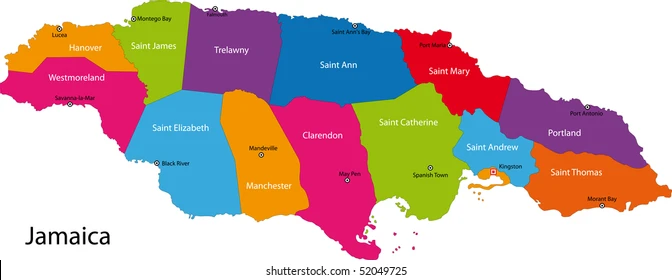
Cultural and Economic Ties
The historical connection between Jamaica and the UK has resulted in enduring cultural and economic ties. Large Jamaican communities exist in the UK, particularly in cities like London, Birmingham, and Manchester. These communities have significantly influenced British culture, contributing to music, cuisine, and public life.
Economically, the UK remains an important trading partner for Jamaica. Trade agreements and economic partnerships facilitate the exchange of goods and services between the two countries. Additionally, tourism is a crucial sector for Jamaica’s economy, and the UK is a significant source of visitors to the island.
Also Read: What continent is Jamaica in?
Modern Perspectives and National Identity
In contemporary Jamaica, there is a strong sense of national identity that is distinct from its colonial past. Jamaican culture, characterized by its music (notably reggae and dancehall), cuisine, language (patois), and sports achievements, is celebrated globally. This cultural pride is a cornerstone of Jamaican identity and is often juxtaposed with its historical ties to the UK.
Discussions about fully severing formal ties with the British monarchy surface periodically in Jamaican politics. The idea of becoming a republic, which would entail replacing the British monarch with a Jamaican head of state, is a topic of debate. Proponents argue that this move would be a final step in Jamaica’s journey toward complete self-determination. Opponents, however, cite the historical significance and the symbolic nature of the current arrangement as reasons to maintain the status quo.
Conclusion.
Jamaica is not a UK country. It is an independent nation with a rich history and a unique cultural identity. The ties between Jamaica and the UK are rooted in a shared history, but they do not imply political subordination. Instead, these ties are expressed through cultural exchanges, economic relationships, and participation in international organizations like the Commonwealth.
The question of Jamaica’s status is a reminder of the complexities of post-colonial identities and the ways in which history shapes modern nations. Jamaica’s journey from a British colony to an independent state is a testament to its resilience and the enduring spirit of its people. Today, Jamaica stands proud as a sovereign nation, charting its path while acknowledging the historical threads that connect it to the wider world.

